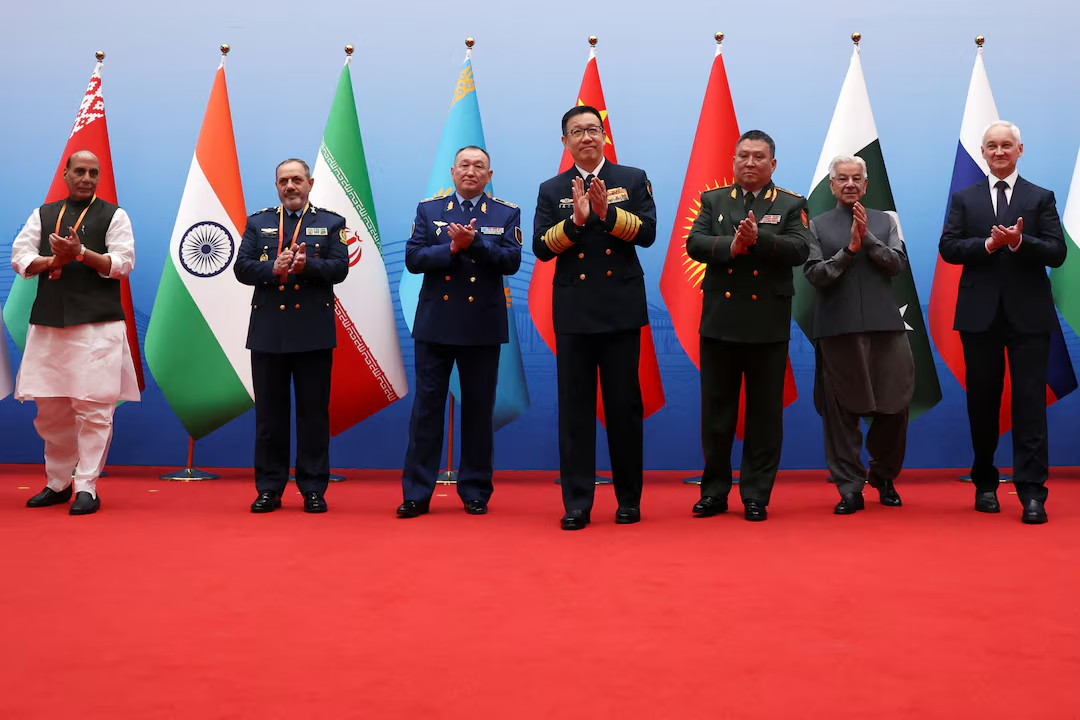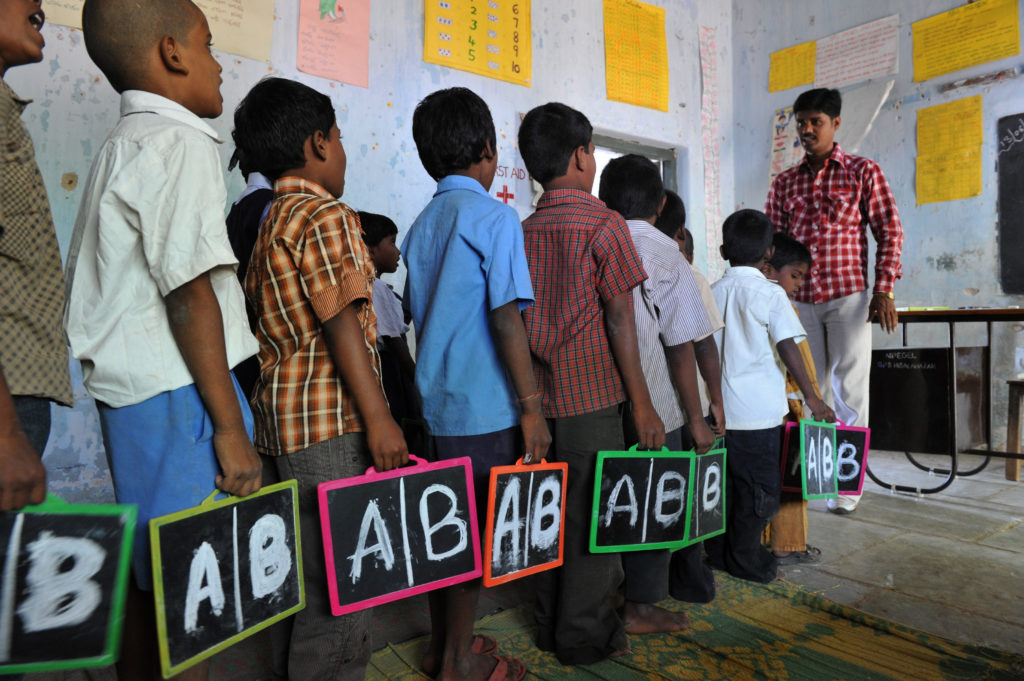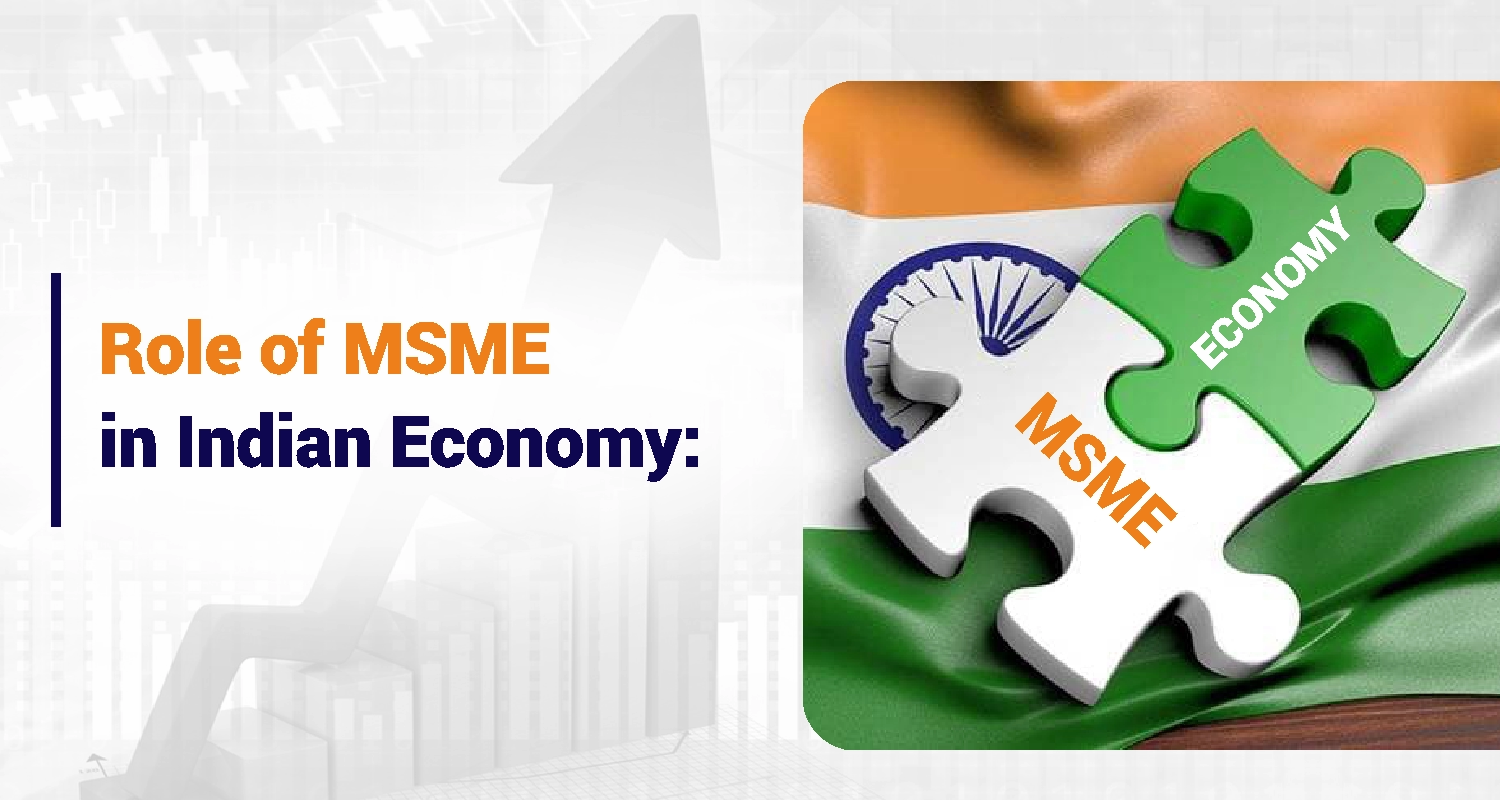- Courses
- GS Full Course 1 Year
- GS Full Course 2 Year
- GS Full Course 3 Year
- GS Full Course Till Selection
- Answer Alpha: Mains 2025 Mentorship
- MEP (Mains Enrichment Programme) Data, Facts
- Essay Target – 150+ Marks
- Online Program
- GS Recorded Course
- Polity
- Geography
- Economy
- Ancient, Medieval and Art & Culture AMAC
- Modern India, Post Independence & World History
- Environment
- Governance
- Science & Technology
- International Relations and Internal Security
- Disaster Management
- Ethics
- NCERT Current Affairs
- Indian Society and Social Issue
- NCERT- Science and Technology
- NCERT - Geography
- NCERT - Ancient History
- NCERT- World History
- NCERT Modern History
- CSAT
- 5 LAYERED ARJUNA Mentorship
- Public Administration Optional
- ABOUT US
- OUR TOPPERS
- TEST SERIES
- FREE STUDY MATERIAL
- VIDEOS
- CONTACT US
Revised Microfinance Guidelines: SANKALP 2.0 to be Enforced from June 1, 2025
Revised Microfinance Guidelines: SANKALP 2.0 to be Enforced from June 1, 2025
30-04-2025

- Micro Finance Institutions (MFIs) are set to implement SANKALP 2.0, a revised set of guidelines aimed at ensuring responsible lending practices.
- The new framework categorizes reforms under three major areas — loan pricing, over-indebtedness, and lending discipline.
Key Provisions of SANKALP 2.0 Guidelines
- Transparent Loan Pricing: MFIs must adopt clear pricing policies with interest rates that are board-approved and justifiable.
- Control on Over-Indebtedness: Borrowers can avail microfinance loans from a maximum of three lenders, including all institutional sources.
- Discipline and Conduct: Clients in default for over 60 days with any lender will not be eligible for new loans.
What is Microfinance or Microcredit?
- Microfinance refers to the provision of small-sized loans and financial services to low-income individuals or groups lacking access to formal banking.
- MFIs not only offer microcredit, but also provide savings accounts, fund transfer services, and micro-insurance to underserved populations.
- The concept gained global attention with the establishment of Grameen Bank in 1983 by Muhammad Yunus, a Bangladeshi social entrepreneur.
Challenges Faced by Microfinance Institutions (MFIs)
- Lack of Collateral: Loans are offered without any security, increasing repayment risks for MFIs.
- High Interest Rates: MFIs typically charge between 12% to 30%, compared to 8% to 12% by commercial banks.
- Operational Burden: Managing a large number of small borrowers results in higher transaction and servicing costs.
Major Regulatory Steps for MFI Sector in India
- Self-Regulatory Organizations (SROs): RBI recognized MFIN and Sa-Dhan as official SROs for MFIs in 2014 to ensure compliance and discipline.
- RBI’s 2022 Regulatory Framework: Introduced a uniform definition of microfinance loans, specified repayment caps, and enhanced borrower protection norms.




